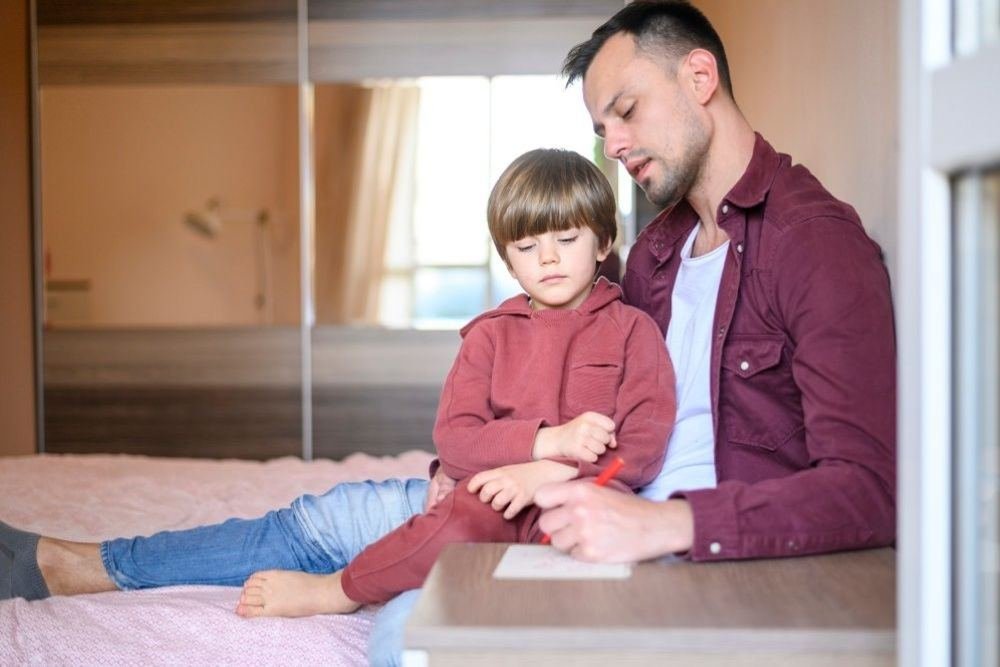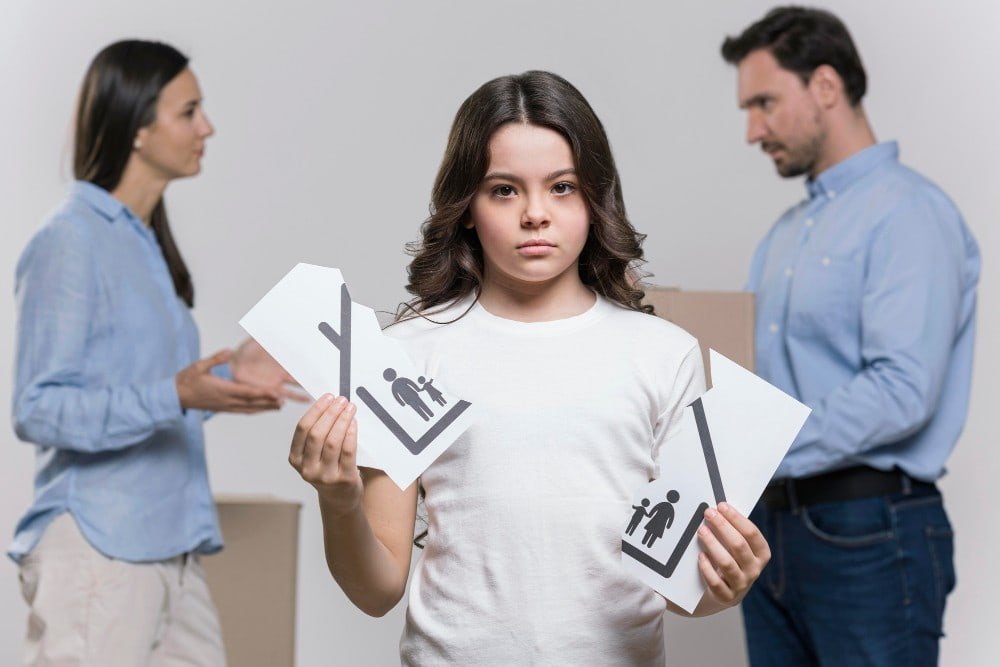
In the digital age, protecting original content has never been more important—or more challenging. Whether you’re a photographer, author, designer, software developer, content creator, or business owner, your creative work is valuable intellectual property. When someone uses, copies, shares, or profits from your original work without permission, it may qualify as copyright infringement, and you have the right to take action.
At Lforlaw.com, we connect individuals and businesses with experienced attorneys who specialize in copyright law. From cease-and-desist letters to federal lawsuits, we help enforce your rights and protect the work you’ve created.
What Is Copyright?
Copyright is a legal protection that automatically applies to original works of authorship the moment they are created and fixed in a tangible medium. This includes:
- Written works (books, articles, scripts)
- Visual works (paintings, drawings, photography)
- Musical compositions and sound recordings
- Films, videos, and animations
- Software code and applications
- Websites, blogs, and marketing content
Copyright protects the expression of an idea, not the idea itself. For example, you can’t copyright a concept like “a hero saving the world,” but you can copyright your specific screenplay that tells that story.
Rights Granted by Copyright
Under the U.S. Copyright Act, the creator of a copyrighted work has exclusive rights to:
- Reproduce and copy the work
- Distribute or sell it
- Display or perform it publicly
- Prepare derivative works or adaptations
- License or assign those rights to others
These rights apply whether or not you’ve registered your copyright—but registration provides stronger legal benefits, including the ability to sue for statutory damages and attorneys’ fees.
What Counts as Copyright Infringement?
Infringement occurs when someone uses your work in a way that violates one or more of your exclusive rights—without your consent or a valid legal defense. Common examples include:
- Posting your videos, music, or artwork on social media or YouTube without permission
- Copying your website design, blog content, or photography for commercial use
- Selling products that feature your illustrations, slogans, or designs
- Uploading or downloading pirated software, e-books, or films
Infringement can be deliberate or unintentional. Even if someone claims they “found it online” or “didn’t know it was copyrighted,” the law still offers you protection.
Fair Use and Common Defenses
There are limited exceptions where someone may use copyrighted material without permission—most notably under the fair use doctrine. Courts look at several factors to determine whether a use qualifies as fair, including:
- The purpose of the use (commercial or educational)
- The nature of the original work
- The amount and substantiality of the portion used
- The effect of the use on the market value of the original
Fair use often applies to things like news reporting, criticism, research, and parody—but it’s a complex, fact-specific area. An attorney can help determine whether fair use applies to your situation.
How to Respond to Infringement
If your copyrighted work has been used without permission, there are several steps you can take:
-
Document the Infringement
Take screenshots, save web pages, or download copies of the unauthorized use to preserve evidence. -
Send a Cease-and-Desist Letter
A formal letter from an attorney often results in immediate compliance and can help avoid costly litigation. -
File a DMCA Takedown Notice
The Digital Millennium Copyright Act allows you to request the removal of infringing content from websites, hosts, and platforms like YouTube, Instagram, or Shopify. -
Consider Legal Action
If the infringement caused financial harm or was willful, you may be entitled to damages. Federal copyright lawsuits can result in awards of:
-
- Actual damages and lost profits
- Statutory damages ($750 to $30,000 per work, or up to $150,000 for willful infringement)
- Legal costs and attorneys’ fees
To file a lawsuit, your copyright must be registered with the U.S. Copyright Office—even if the infringement happened before registration. If you haven’t registered yet, an attorney can assist you with filing quickly.
Why Legal Help Matters
Navigating copyright law on your own can be overwhelming—especially when dealing with companies or individuals who refuse to cooperate. An experienced copyright attorney can:
- Review your case and determine your best course of action
- Draft effective cease-and-desist notices or licensing agreements
- File federal copyright infringement lawsuits if needed
- Defend you if you’re accused of infringing on someone else’s work
Whether you’re protecting your original content or responding to claims against you, having a skilled legal advocate makes a significant difference.
Protect What You Create
Your creative work deserves more than appreciation—it deserves protection. At Lforlaw.com, we connect creators, professionals, and businesses with copyright attorneys who understand how to protect and enforce intellectual property rights in the digital age.
For personalized legal guidance and support with copyright infringement, contact us today.






